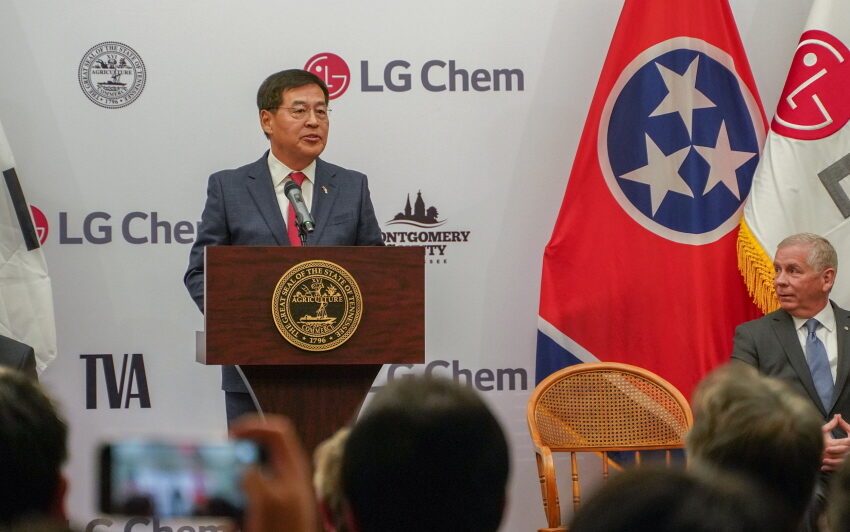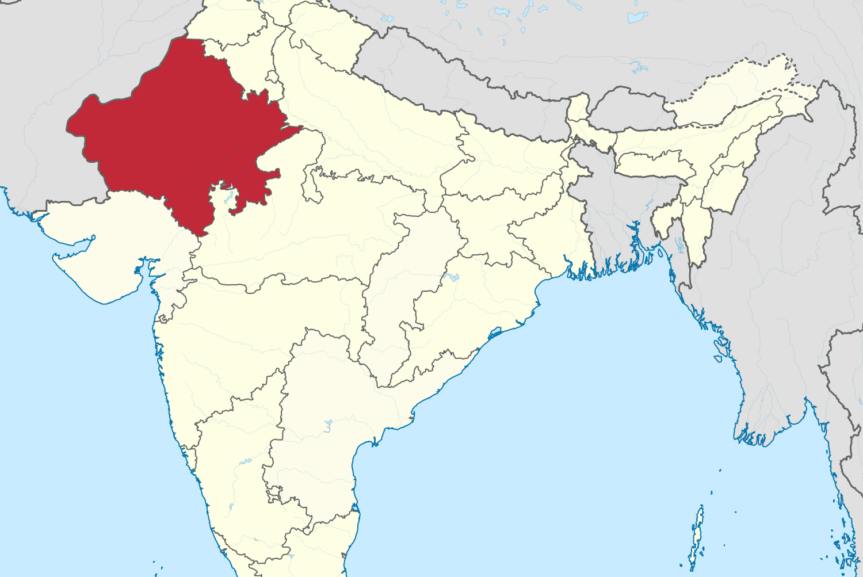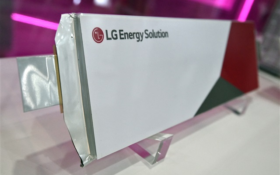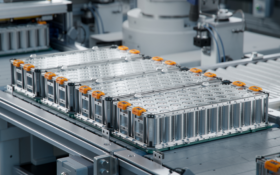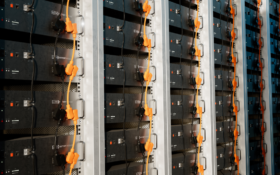LG Chem of South Korea announced the signing of a memorandum of understanding (MOU) with the US state of Tennessee to set up a new cathode manufacturing facility in Clarksville. Investment is $3.2 billion.
It said the new plant will be the largest of its kind in the US, covering 420 acres with a production target of 120,000 tons of cathode material annually by 2027. That would be enough to power batteries in 1.2 million electric vehicles (EVs) with a range of 500 km per charge.
Construction of the plant will begin in the first quarter of next year with mass production in the second half of 2025.
LG Chem said the site will play a critical role in its strategy to increase its battery materials business, including cathode material, four-fold from KRW 5 trillion ($3.7 billion) in 2022 to KRW 20 trillion ($14.8 billion) by 2027.
Tennessee was chosen due to its proximity to key customers, ease of transporting raw materials and active cooperation of the state and local governments.
The Tennessee facility also takes advantage of the Inflation Reduction Act (IRA). The company sees the site being the global supply chain hub. The new facility will produce advanced NCMA cathode materials containing nickel, cobalt, manganese and aluminium for next-generation EV batteries with improved battery capacity and stability.
NCMA cathode materials are among the most critical ingredients for determining the battery capacity and life of electric vehicles. The Tennessee plant will feature LG Chem’s most advanced production technology including the ability to produce more than 10,000 tons of cathode material per line, the industry’s highest.
LG Chem said it successfully applied this technology for the first time to its fourth cathode manufacturing site in Cheongju, South Korea. It plans to implement its smart factory technology in Tennessee to automate the entire production process and establish a quality analysis and control system that it said “will be the benchmark” for all other cathode plants in the world.

